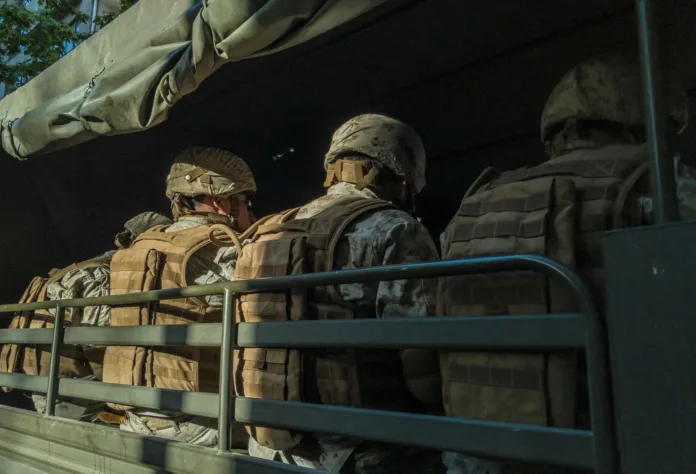Russia’s geopolitical manoeuvres in Eastern Europe remain a topic of intense scrutiny and concern, as recent developments, particularly related to Ukraine, underscore ongoing tensions in the region. Moscow’s increased military activities near Ukraine’s borders have sparked fears of potential aggression, exacerbating an already precarious situation.
The annexation of Crimea in 2014 has marked a watershed moment, reshaping regional dynamics and prompting the West to reassess its approach toward Russian actions. Persistent conflicts in Eastern Ukraine, accompanied by allegations of Russian support for separatists, further complicate diplomatic resolutions.
Embed from Getty ImagesBeyond Ukraine, Russia’s strategic interests manifest through alliances with regional powers, countering European Union and NATO efforts to enhance security and stability in Eastern Europe. Moscow’s diplomatic moves, combined with military exercises, contribute to escalating tensions, with potential escalations posing risks to broader European stability.
In addition to conventional military strategies, Russia employs cyber operations and political interference tactics, aimed at undermining democratic processes in neighboring countries. These actions contribute to an overall atmosphere of distrust and insecurity, challenging Europe’s security architecture.
The European Union and the United States continue to exert diplomatic pressure, seeking to contain Russian influence through sanctions and diplomatic engagements. Yet, achieving consensus on effective measures proves challenging amidst differing national interests and the multifaceted nature of Russian tactics.
Resolving the tension requires renewed diplomatic dialogues, focusing on conflict de-escalation and bolstering defence alliances in Eastern Europe. International law and cooperative frameworks must guide efforts in managing geopolitical challenges and ensuring peace and security within the region.
As Eastern Europe navigates these complexities, the balance between deterrence and diplomacy remains pivotal. Strengthening regional cooperation and fostering dialogue is crucial in mitigating conflicts and promoting stability amidst an evolving geopolitical landscape.
Perspectives
Security Perspective: A security perspective analyzes the implications of Russia’s military presence and activities in Eastern Europe. Expert opinions from the RAND Corporation and the European Council on Foreign Relations highlight the potential threats to regional security and the NATO alliance. This viewpoint stresses the importance of reinforcing defense postures and enhancing strategic deterrence capabilities to manage Russian provocations effectively.
Sources:
RAND
ECFR.EU
Diplomatic Perspective: The diplomatic angle considers the necessity of diplomatic avenues to address and resolve tensions. The International Crisis Group and the Carnegie Moscow Center provide analyses on potential diplomatic strategies that could promote dialogue and reduce hostilities. This perspective advocates for multilateral engagements and constructive diplomacy as vital components in addressing Russian activities in Eastern Europe.
Sources:
International crisis group
Carnegia
Information Warfare Perspective: An information warfare perspective focuses on Russia’s use of cyber tactics and media manipulation to influence Eastern European states. Studies from the Center for Strategic and International Studies and the Oxford Internet Institute explore how information operations impact regional stability and democratic integrity. Analysts underscore the need for robust cybersecurity measures and media literacy campaigns to counteract misinformation and disinformation strategies.
Sources:
CSIS
